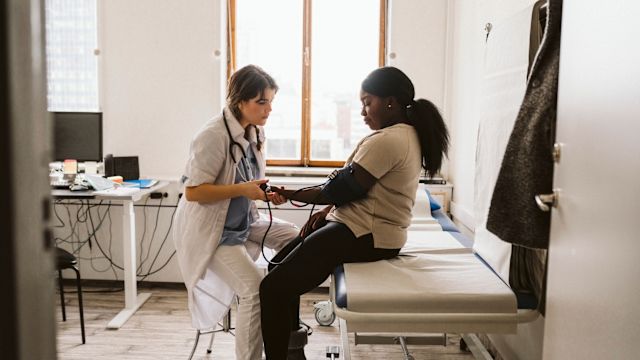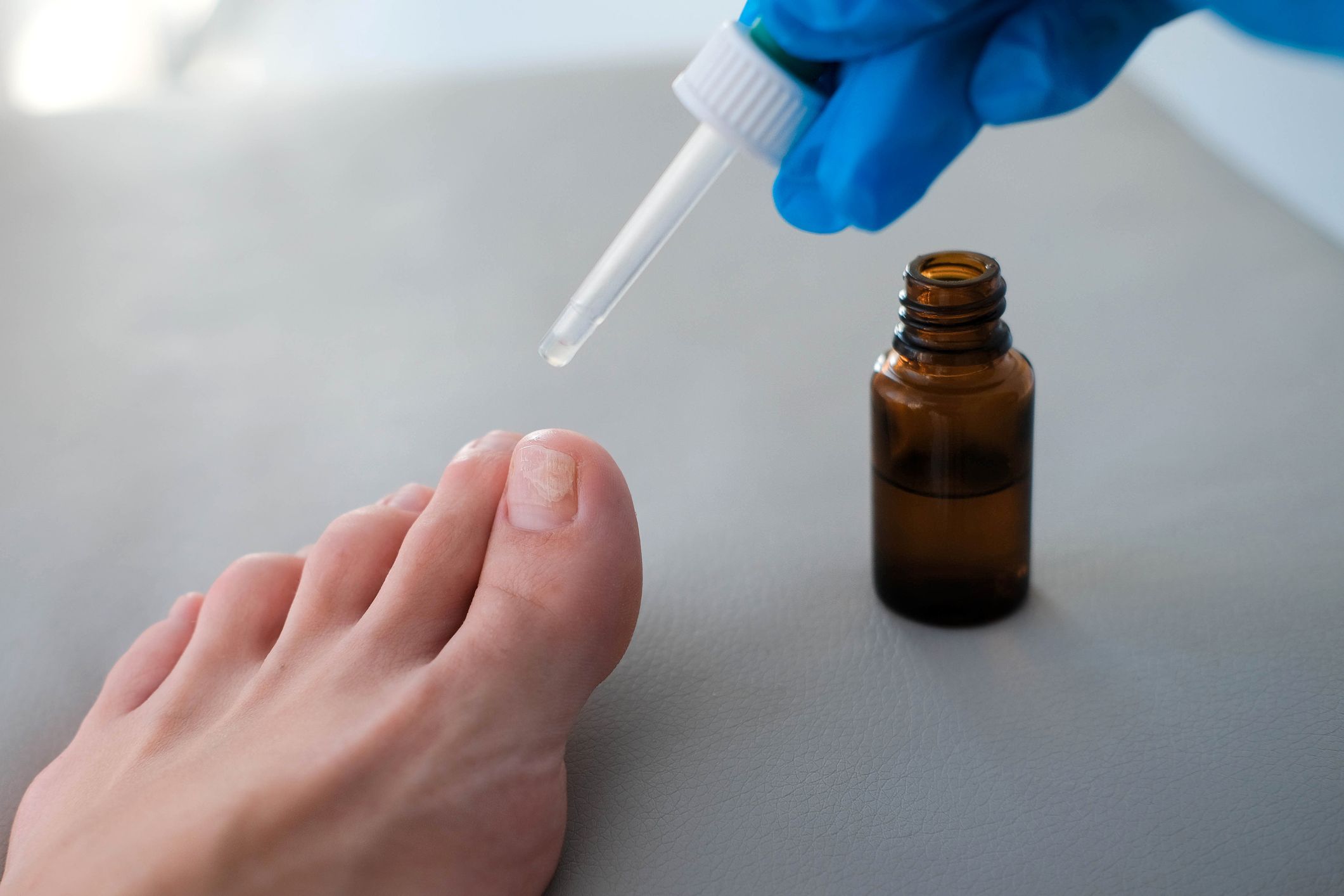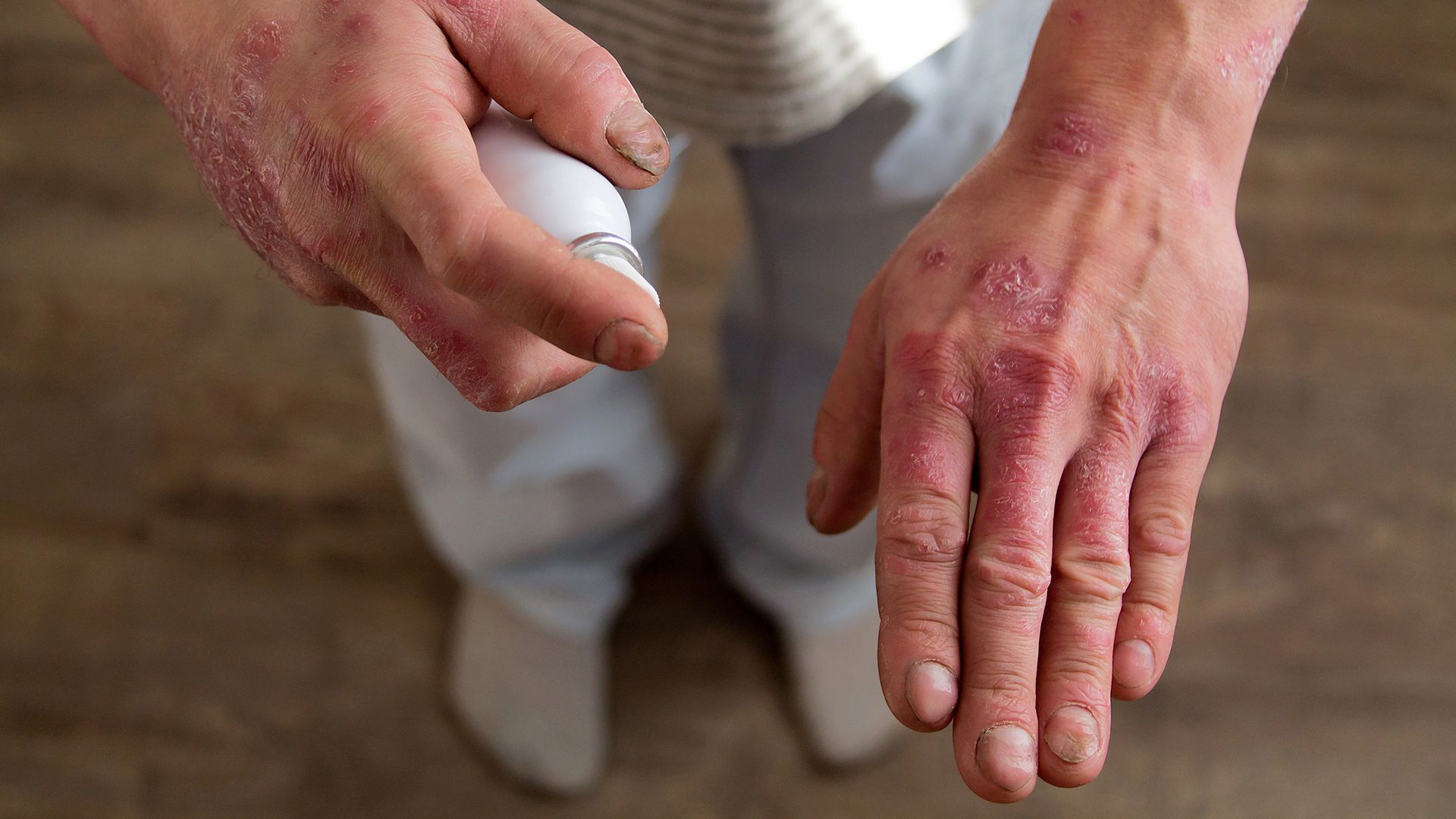Updated on October 27, 2023
If you or someone you know has plaque psoriasis, the most common type of psoriasis, you’re probably familiar with its hallmark symptom—raised, discolored, scaly patches on the skin. Sometimes painful and often itchy (the name psoriasis is derived from a Greek word that means “to itch”), these plaques can appear anywhere on the body.
Psoriasis is an autoimmune disease, meaning it’s caused by the body’s own immune system attacking healthy cells. In the case of plaque psoriasis, that response causes new skin cells to grow at a faster rate than old skin cells can be shed.
Here’s what else you need to know about psoriasis treatment and management.
Psoriasis is common
If you have psoriasis, you’re not alone. Approximately 7.5 million adults over age 20 in the United States are affected by a form of the skin disease, according to a 2021 study published in JAMA Dermatology.
There’s more than one type of psoriasis
Though plaque psoriasis is its most common form, there are several types of psoriasis. These include pustular psoriasis, which can cause outbreaks of bumps filled with pus, and inverse psoriasis, which causes discolored patches in folds of skin, like in the armpits or under the breasts.
One particularly serious type of psoriasis is erythrodermic psoriasis, a rare form of the condition that causes:
- Widespread inflammation of the skin
- Shedding of large sheets of skin
- Severe pain and itching
- Shivering
- Changes in body temperature on very cold or very hot days
- Swelling from fluid retention, usually around the feet or ankles
Because erythrodermic psoriasis can lead to fluctuations in body temperature and seriously disrupts body chemistry, it requires immediate medical attention.
Finding the right treatment can take time
Psoriasis treatments include medication, ointments and creams applied to the skin, and phototherapy, in which your skin is exposed to ultraviolet light. These can be used alone or in combination with each other.
It’s not uncommon for people with psoriasis to change treatments several times before finding an effective mix. If you’re not happy with your symptom control, don’t be shy about bringing it up with your healthcare provider (HCP).
There is no “psoriasis diet,” but a healthy diet is still a good idea
While there is no magic menu that can cure this chronic condition, there is good evidence that some types of foods can benefit people with psoriasis. For example, foods containing omega-3 fatty acids have been linked to improved psoriasis lesions. These include walnuts, vegetable oils, seafood, and fatty fish such as salmon, mackerel, herring, sardines, and tuna.
Also potentially helpful: foods high in antioxidants, such as most fruits and vegetables. Antioxidants are powerful compounds that help protect against cell damage and are also good for overall health.
You may want to limit or avoid certain other types of foods if you have psoriasis, since they’re linked to inflammation. These include:
- Red meat
- Trans fats, like those found in deep-fried foods, vegetable shortening, and some baked goods and packaged snacks
- Simple carbohydrates like those in soft drinks and candy, which if consumed in excess, can lessen the benefits of omega-3 fatty acids
- Alcohol, which may make symptoms worse
If you decide to make significant changes to your diet, be sure to talk with your HCP first. And remember, whether or not it specifically eases your psoriasis, a healthy, balanced diet offers a range of benefits, including improved weight management, increased energy levels, and lower risk of chronic disease. This is essential to help reduce the risk of complications that may come from having psoriasis.
Psoriasis is linked to higher risk of heart disease
Psoriasis is associated with a number of comorbidities (related health conditions), including:
- Psoriatic arthritis
- Heart disease
- Metabolic syndrome, a collection of conditions that increase your risk of heart disease, diabetes, and stroke
- High blood pressure
- Diabetes
- Cancer
- Anxiety
- Inflammatory bowel disease (IBD)
- Obesity
A 2021 report published in The Journal of Dermatology noted that those with moderate to severe psoriasis may live six years less than healthy individuals. It’s thought that the inflammation caused by psoriasis may contribute to heart disease, as well as other comorbidities, that may shorten lifespan.
If you have psoriasis, take steps to protect your heart. Try to eat a healthy diet, get at least 150 minutes per week of moderate-intensity exercise, and aim for seven to nine hours of sleep each day. Have your blood pressure, cholesterol levels, and blood sugar levels checked regularly. And work with your HCP to find a psoriasis treatment plan that works for you.
Psoriasis isn’t communicable or a hygiene issue
Because psoriasis manifests as discolored, patchy lesions on the skin, those living with the condition are often subject to stigma. Some people may believe that it's contagious, or caused by a lack of cleanliness.
But it's important to know: Psoriasis cannot be passed from person to person and has nothing to do with personal hygiene. In fact, excessive or overly hot bathing or showering may worsen symptoms. And while the exact cause of psoriasis isn’t fully understood, it’s believed to be the result of certain genetic factors combined with triggers such as environmental factors, infections, and skin injuries.






